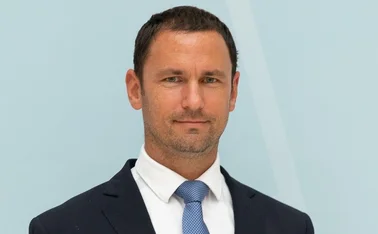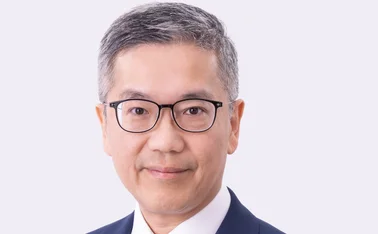
Maduro picks central bank chief for Venezuela's finance minister

The governor of the Venezuelan central bank was today handed the finance ministry by the country's newly elected president, Nicolás Maduro.
Nelson Merentes will remain governor of the Central Bank of Venezuela for now, according to a central bank spokesperson. He is also vice-president for the economy, a fusion of two pre-existing roles: vice-president for the financial economy, and vice-president for the productive economy.
Merentes served as finance minister for two stints under Chávez, from
Only users who have a paid subscription or are part of a corporate subscription are able to print or copy content.
To access these options, along with all other subscription benefits, please contact info@centralbanking.com or view our subscription options here: www.centralbanking.com/subscriptions
You are currently unable to print this content. Please contact info@centralbanking.com to find out more.
You are currently unable to copy this content. Please contact info@centralbanking.com to find out more.
Copyright Infopro Digital Limited. All rights reserved.
As outlined in our terms and conditions, https://www.infopro-digital.com/terms-and-conditions/subscriptions/ (point 2.4), printing is limited to a single copy.
If you would like to purchase additional rights please email info@centralbanking.com
Copyright Infopro Digital Limited. All rights reserved.
You may share this content using our article tools. As outlined in our terms and conditions, https://www.infopro-digital.com/terms-and-conditions/subscriptions/ (clause 2.4), an Authorised User may only make one copy of the materials for their own personal use. You must also comply with the restrictions in clause 2.5.
If you would like to purchase additional rights please email info@centralbanking.com







